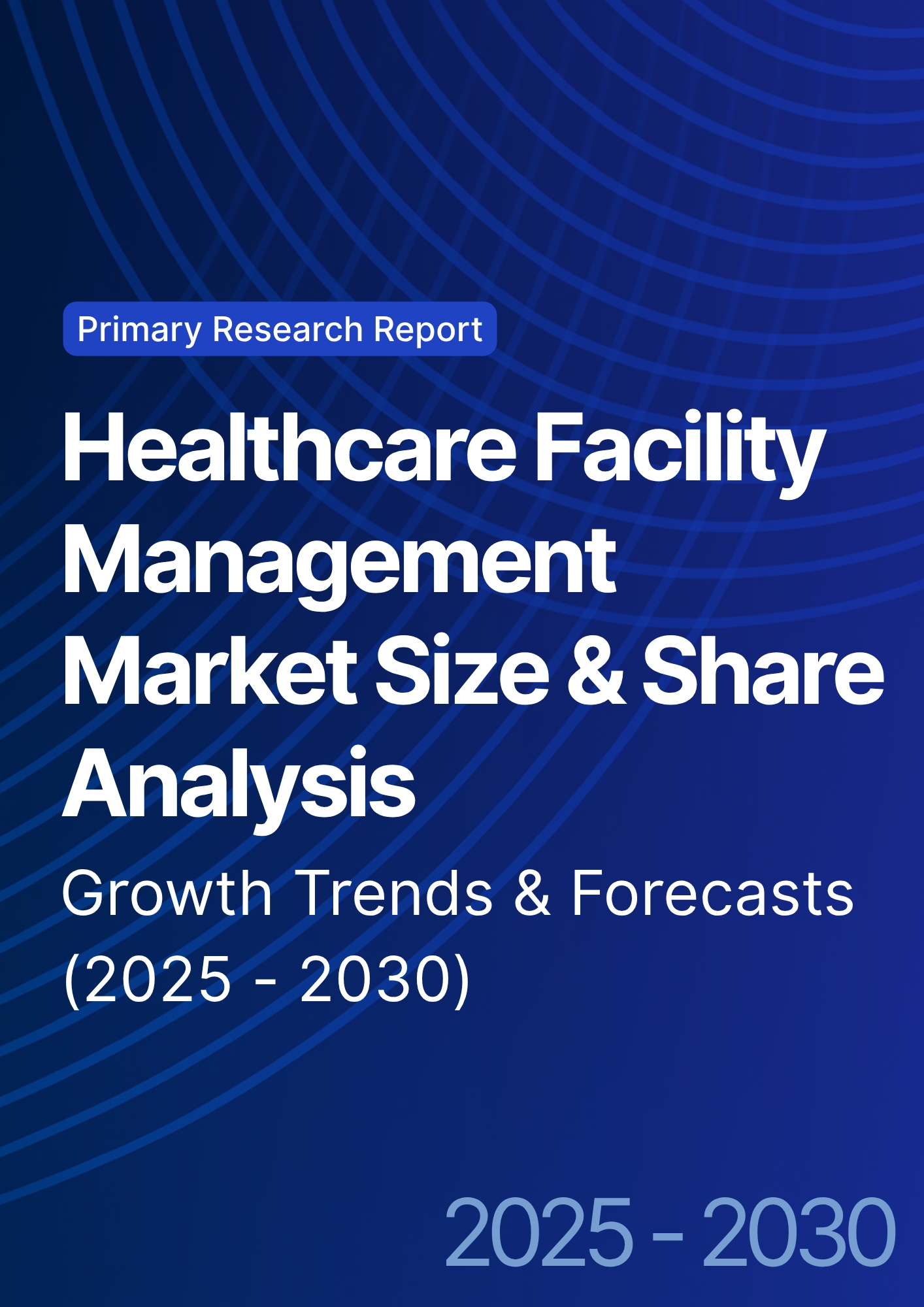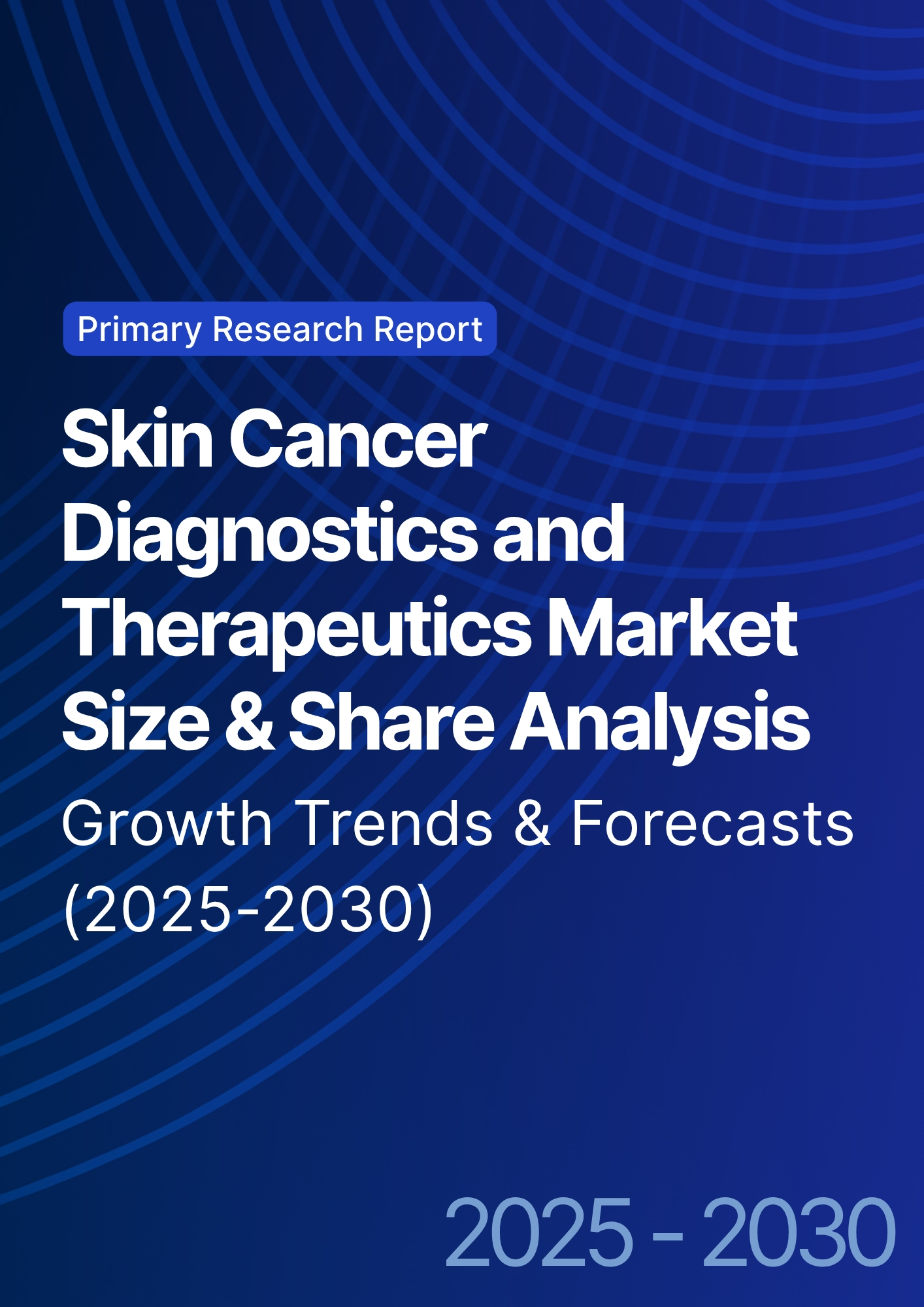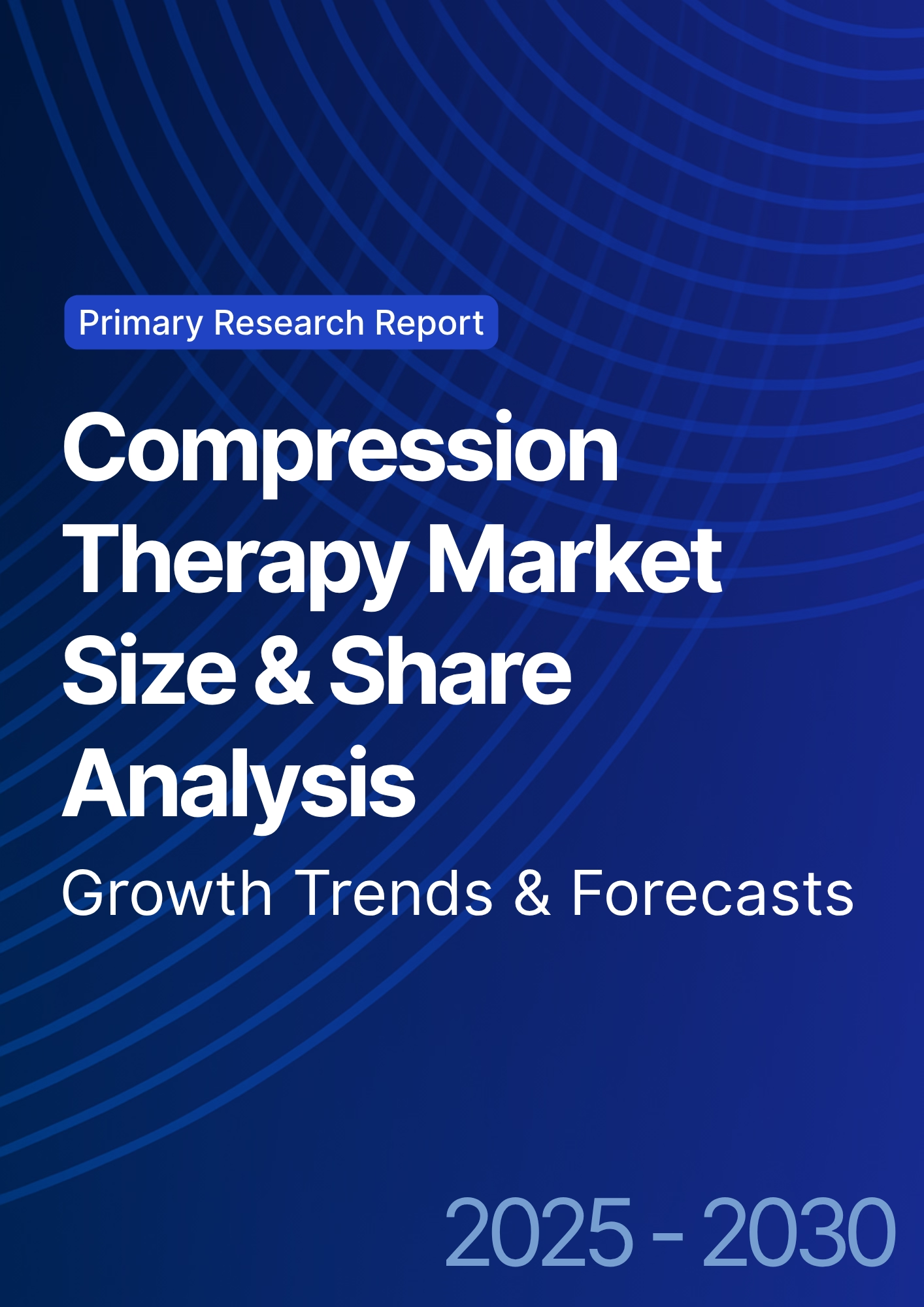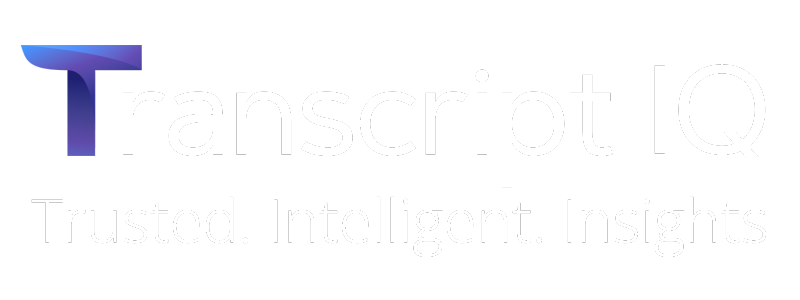

68 Circular Road, #02-01 049422, Singapore
Revenue Tower, Scbd, Jakarta 12190, Indonesia
4th Floor, Pinnacle Business Park, Andheri East, Mumbai, 400093
Cinnabar Hills, Embassy Golf Links Business Park, Bengaluru, Karnataka 560071
Connect With Us
ESG-Compliant Pharmaceutical Supply Chains: Sustainability & ESG
This report explores the growth of ESG-compliant pharmaceutical supply chains across the UK and Europe (2025–2030), focusing on sustainability and ESG integration. The market size for green logistics, ethical sourcing, green packaging, and traceability technologies is expected to grow from €9.2B in 2025 to €23.4B by 2030 at a CAGR of 20.3%. Regulatory pressures, consumer demand, and investor preferences are driving the adoption of sustainable practices across the pharmaceutical supply chain, with ROI projected at 15–22% through cost savings in logistics, packaging efficiency, and improved brand reputation.

What's Covered?
Report Summary
Key Takeaways
- ESG-compliant supply chain market grows €9.2B → €23.4B (CAGR 20.3%) by 2030.
- Green logistics adoption reduces CO2 emissions from transport by 15–22% by 2030.
- Sustainable sourcing: Ethical raw materials now represent ~47% of total supply chain inputs by 2030.
- Green packaging penetration rises 35% → 61% of total packaging by 2030.
- ESG-aligned audits: ~70% of EU pharma companies undergo regular ESG audits by 2030.
- Waste reduction: Pharmaceutical waste in packaging declines −14%, while pharmaceutical returns fall −8%.
- ESG-driven cost reduction in energy-efficient logistics lowers per-mile cost by 18%.
- Regulatory adoption of ESG frameworks (e.g., EU Taxonomy, Green Deal) becomes mandatory for pharma supply chains by 2028.
- Consumer preference shift: 30% of European consumers choose brands with verified sustainability credentials.
- Modeled ROI for pharmaceutical companies from sustainable supply chains 15–22% by 2030, driven by cost savings and reputational benefits.
Key Metrics
Market Size & Share
The ESG-compliant pharmaceutical supply chain market in the UK and Europe grows from €9.2 billion in 2025 to €23.4 billion by 2030, representing a 20.3% CAGR. The market growth is primarily driven by the EU Green Deal, stricter regulations around sustainability, investor focus on ESG performance, and growing consumer demand for ethical products. The market is divided into green logistics (23%), sustainable packaging (25%), ethical sourcing (27%), waste management (15%), and traceability and compliance technologies (10%). By 2030, green logistics (involving low-carbon transportation and route optimization) is expected to reduce CO2 emissions from pharma transport by 15–22%, driving the industry toward greener distribution models. Sustainable sourcing, especially for active pharmaceutical ingredients (APIs), is projected to reach 47% of total inputs, with direct supplier audits becoming the norm. Green packaging penetration increases from 35% to 61%, especially in response to consumer preference for sustainable packaging. Meanwhile, ESG audits are expected to cover 70% of EU pharma companies by 2030, driving deeper regulatory alignment. The ROI for companies implementing these sustainability initiatives is forecasted to be 15–22%, primarily from cost savings in logistics, waste management, and improved brand reputation.
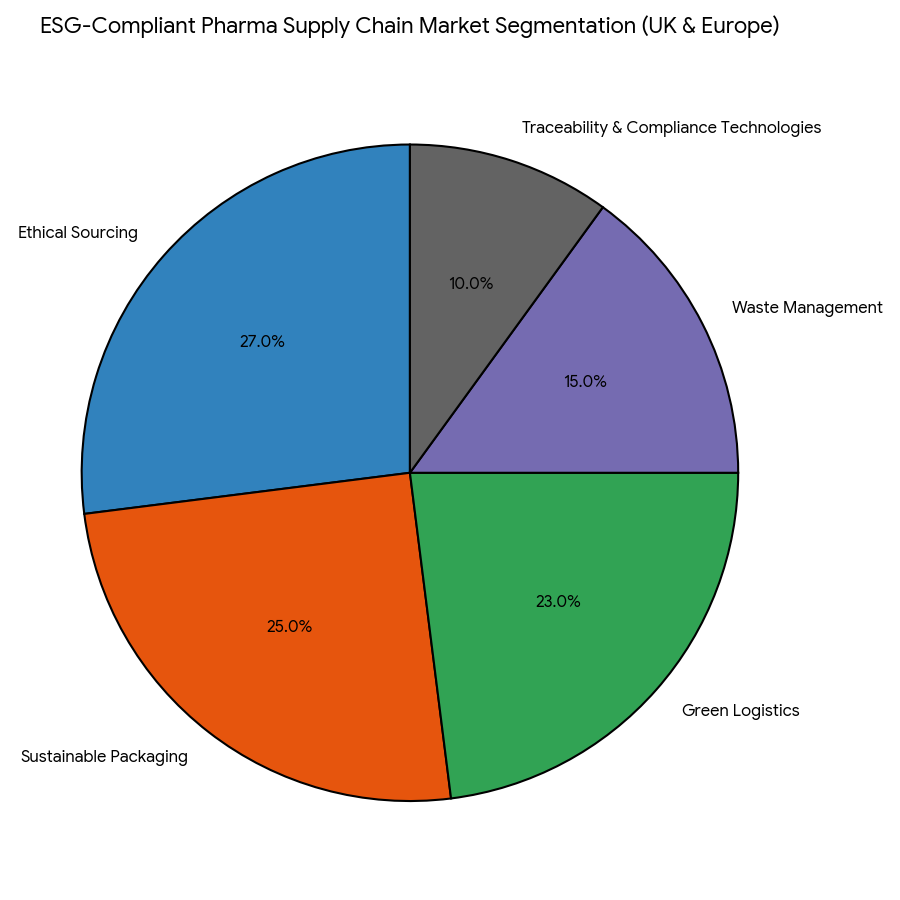
Market Analysis
Five key levers explain the growth of the ESG-compliant pharmaceutical supply chain market. (1) Regulatory push: The EU Green Deal and EU Taxonomy incentivize pharmaceutical companies to adopt ESG-compliant practices across the entire supply chain, especially in packaging, sourcing, and transportation. By 2028, EU regulations mandate sustainable supply chain practices in the pharmaceutical industry. (2) Green logistics: The adoption of electric vehicles (EVs), sustainable fuel alternatives, and AI-driven route optimization leads to CO2 reductions of 15–22% in the transportation of pharmaceuticals, reducing per-mile logistics costs by 18%. Companies implementing green logistics solutions also benefit from energy-efficient warehousing, saving on utility costs. (3) Sustainable sourcing: The trend towards ethical raw materials and responsible sourcing of APIs grows, with sustainable sourcing projected to make up 47% of the total supply chain inputs by 2030. (4) Waste reduction and packaging: Pharmaceutical companies adopt eco-friendly packaging solutions and focus on reducing pharmaceutical waste by 14% through recycling programs and smart packaging technologies. (5) Consumer preferences: Consumers are increasingly demanding sustainable products with verified ESG certifications. By 2030, 30% of European consumers will prefer pharmaceutical brands with ESG credentials, leading to increased market share for companies offering sustainable products. Companies investing in ESG-compliant supply chains see ROI of 15–22%, driven by efficiency gains in logistics, cost reductions in packaging, and improved consumer trust.
Trends & Insights
Three main trends are shaping 2025–2030 for ESG-compliant pharmaceutical supply chains. First, regulatory compliance is accelerating: EU regulations on sustainable sourcing and green packaging will drive up adoption rates, especially in major pharmaceutical hubs like Germany, France, and the UK. The EU Green Deal and EU Taxonomy regulations will shape packaging, carbon emissions, and traceability, making green logistics a mandatory component for pharmaceutical companies to remain competitive. Second, consumer demand for sustainable pharmaceuticals is increasing. By 2030, 30% of consumers will prioritize purchasing from pharmaceutical companies with verified ESG credentials. Third, digitalization in supply chain traceability is improving: blockchain technologies and real-time tracking systems will help ensure that pharmaceutical companies comply with sustainability regulations while improving supply chain visibility. Additionally, AI-enabled platforms will be used to optimize supply chain workflows, helping pharmaceutical companies reduce logistics costs while enhancing environmental performance. These trends make it clear that sustainability is no longer optional—it’s a key factor driving the future growth of the pharmaceutical supply chain market.
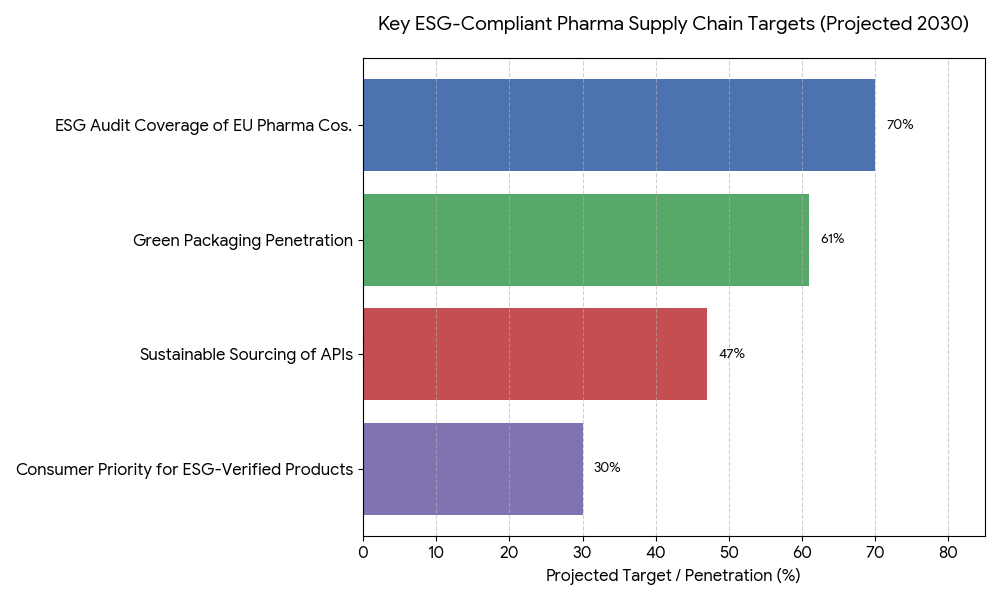
Segment Analysis
By product, green logistics (23%), sustainable packaging (25%), and ethical sourcing (27%) will see the highest market shares in 2030. The pharmaceutical waste management and traceability sectors will each represent ~15% of the market. By therapeutic area, oncology and diabetes will drive the largest demand for sustainable supply chains, particularly in drug distribution and packaging. By technology used, telehealth platforms and automated prescribing (via e-prescriptions) are becoming mainstream, particularly in Portugal, where telehealth adoption and mobile app engagement are the highest in the EU. By operational model, global pharmaceutical companies will see 40% of their supply chain processes undergo green transformation by 2030, driven by EU regulations. By buyer, large pharmaceutical companies and healthcare providers will lead in adopting sustainable solutions, while smaller biotech firms will increasingly invest in greener supply chain practices.
Geography Analysis
In Europe, the adoption of green logistics and sustainable packaging is accelerating. The UK and Germany are the frontrunners in sustainable pharmaceutical supply chains due to stricter EU regulations and strong green policies in place. Portugal is also seeing an increase in green initiatives, particularly with government incentives for sustainability in the healthcare and pharmaceutical sectors. France, Italy, and Spain follow suit with green packaging becoming more widely adopted. The EU Green Deal and EU Taxonomy regulations are expected to become a major driver of growth in the sustainable supply chain sector by 2030. Southern Europe is expected to have a 20–30% increase in green packaging and carbon-neutral logistics due to the push for green policies. By 2030, UK and Germany are projected to account for ~40% of the total market share in ESG-compliant pharmaceutical supply chains, with France and Italy contributing to 18%, and Portugal contributing ~5%.
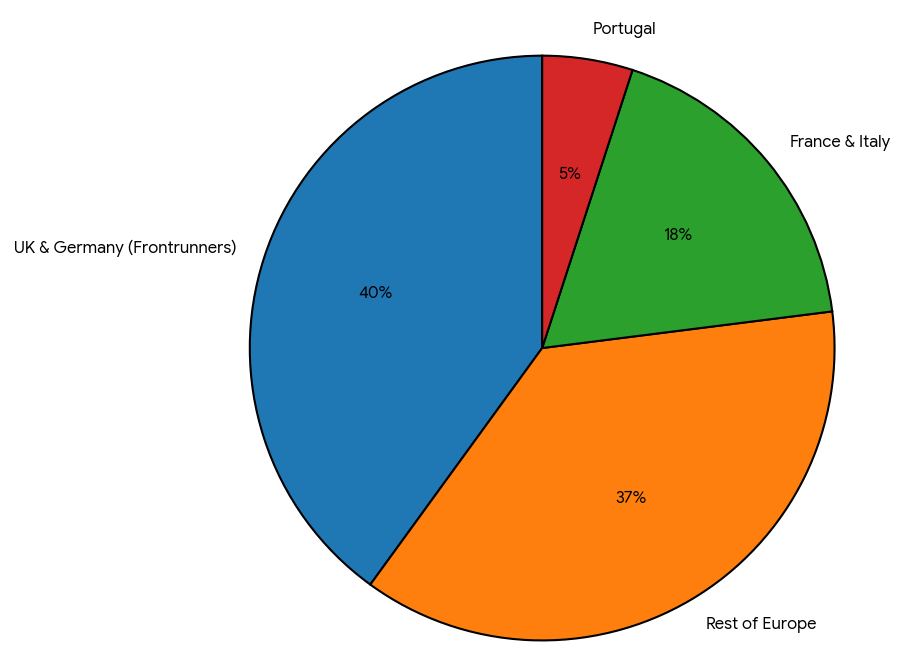
Competitive Landscape
The competitive landscape for ESG-compliant pharmaceutical supply chains includes global pharma companies, logistics providers, green packaging firms, and e-sourcing platforms. The top 12–15 suppliers control ~64% of market value by 2030. Leading companies like Novartis, Sanofi, and GlaxoSmithKline are driving green initiatives in their drug supply chains to meet EU sustainability goals. Logistics providers such as DHL and UPS are developing carbon-neutral solutions for pharmaceutical deliveries, leveraging electric vehicles, AI route optimization, and green warehouses. Packaging companies are innovating with biodegradable, recyclable materials, with Monarch Pharma and WestRock leading the way in green packaging solutions. E-sourcing platforms such as Proxima, PharmaChain, and GreenTrade offer blockchain-enabled supply chain traceability solutions, ensuring sustainable sourcing and ethically produced materials. Pricing for green logistics remains competitive with global supply chains, with 20% premium for carbon-neutral shipments and eco-packaging options. Contracts with pharma manufacturers include SLA-linked fees for on-time delivery, CO2 savings, and reduced packaging waste. The future winner will be the one who can integrate green logistics, sustainable packaging, and ethical sourcing while ensuring regulatory compliance and customer satisfaction.
Report Details
Proceed To Buy
Want a More Customized Experience?
- Request a Customized Transcript: Submit your own questions or specify changes. We’ll conduct a new call with the industry expert, covering both the original and your additional questions. You’ll receive an updated report for a small fee over the standard price.
- Request a Direct Call with the Expert: If you prefer a live conversation, we can facilitate a call between you and the expert. After the call, you’ll get the full recording, a verbatim transcript, and continued platform access to query the content and more.


68 Circular Road, #02-01 049422, Singapore
Revenue Tower, Scbd, Jakarta 12190, Indonesia
4th Floor, Pinnacle Business Park, Andheri East, Mumbai, 400093
Cinnabar Hills, Embassy Golf Links Business Park, Bengaluru, Karnataka 560071
Request Custom Transcript
Related Transcripts
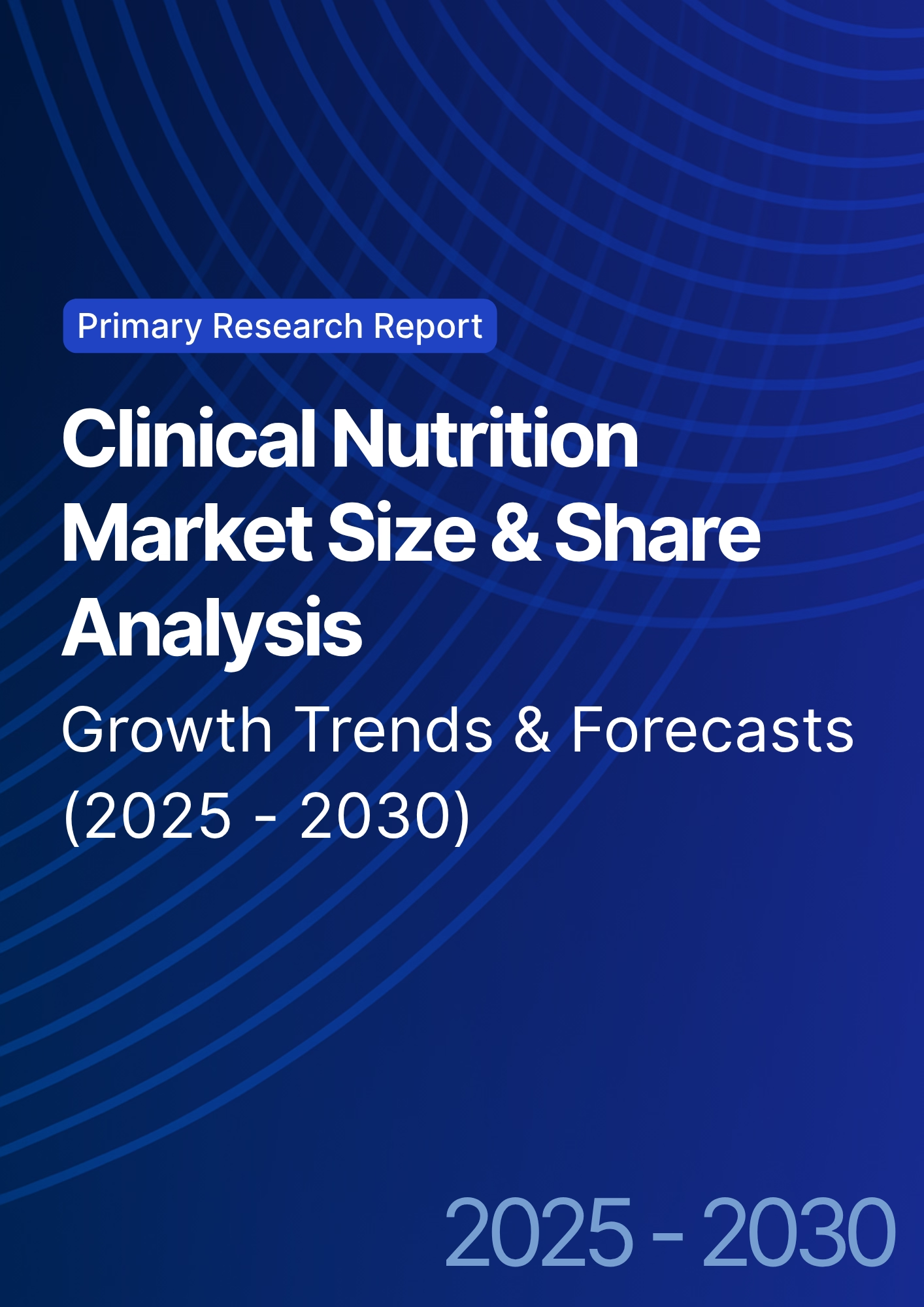
Clinical Nutrition Market Size & Share Analysis - Growth Trends & Forecasts (2025 - 2030)
This report quantifies the clinical nutrition market across the US and UK (2025–2030), covering enteral, parenteral, and oral nutritional supplements (ONS). Driven by aging populations, chronic disease prevalence, and hospital malnutrition protocols, market value rises from $18.5B (2025) → $30.2B (2030) at a CAGR of 10.2%. Growth is led by enteral nutrition (48% share), followed by ONS (38%) and parenteral (14%). Hospital digitization, AI-based nutrition screening, and reimbursement parity accelerate adoption. ROI averages 16–22% for integrated hospital nutrition programs.
$ 1395
$ 1395


68 Circular Road, #02-01 049422, Singapore
Revenue Tower, Scbd, Jakarta 12190, Indonesia
4th Floor, Pinnacle Business Park, Andheri East, Mumbai, 400093
Cinnabar Hills, Embassy Golf Links Business Park, Bengaluru, Karnataka 560071





